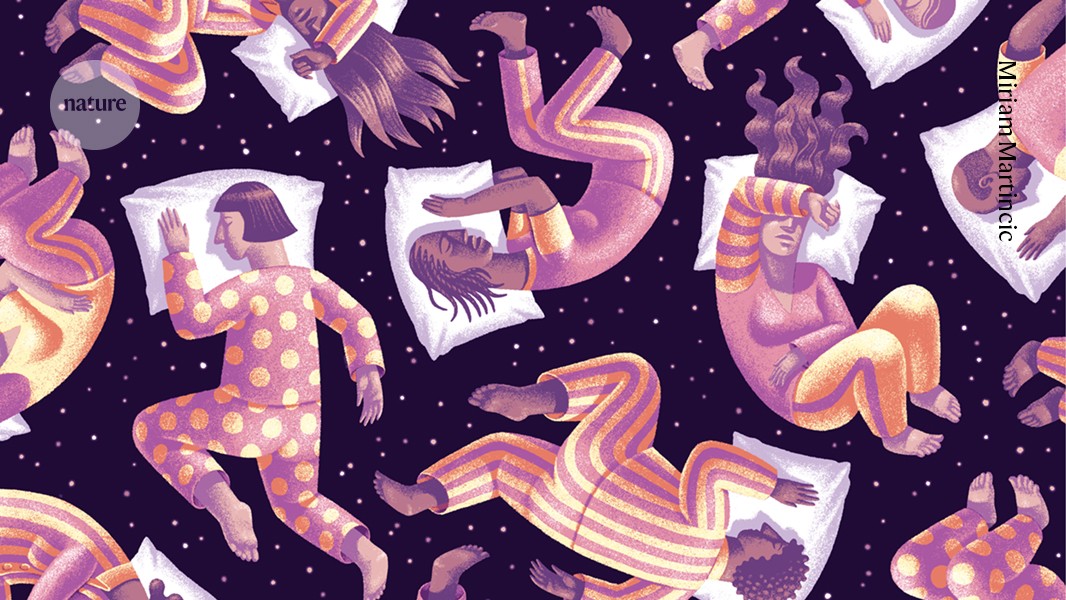
"From TikTok videos touting mouth tape and weighted blankets, to magazines ranking insomnia-curbing pillows, sleep advice is everywhere. And it's no wonder. People all over the world complain of insomnia and not getting enough sleep, driving a market for sleep aids worth more than US$100 billion annually. But scientists warn that online hacks and pricey tools aren't always effective. And failed attempts to remedy the situation could have negative effects, says Andrew McHill, a circadian scientist at Oregon Health & Science University in Portland. "It could discourage people from finding help, and things could get worse," he says."
"Instead, researchers point to the lessons coming from circadian science, which over the past five decades has exposed a network of biological clocks throughout the body. This timekeeping machinery ensures that physiological systems are primed to do the right things at the right times - such as defend against pathogens, digest food and sleep. But circadian clocks don't cycle precisely on their own. To stay in sync and function optimally, they need regular calibration from sunlight, daily routines and other cues."
"Modern life doesn't often cooperate. People spend much of their time indoors. They eat late into the night. They shift sleep schedules between workdays and weekends, effectively jet-lagging themselves. The toll is steep. In the short term, circadian disruption and insufficient sleep can reduce cognition, mood and reaction time. In the long term, they can increase risks of infections, diabetes, depression, dementia, cancer, heart disease and premature death."
Circadian clocks throughout the body require regular calibration from sunlight, daily routines and other cues to function optimally. Modern lifestyles often reduce daytime light exposure, delay eating into the night and vary sleep timing between workdays and weekends, creating internal misalignment. Short-term circadian disruption and insufficient sleep impair cognition, mood and reaction time. Long-term disruption increases risk of infections, diabetes, depression, dementia, cancer, heart disease and premature death. Effective strategies include creating strong contrasts between daytime light and evening darkness, consolidating mealtimes and maintaining consistent sleep times. Simple actions like daytime outdoor walks and reduced evening light can substantially improve sleep and health.
Read at Nature
Unable to calculate read time
Collection
[
|
...
]